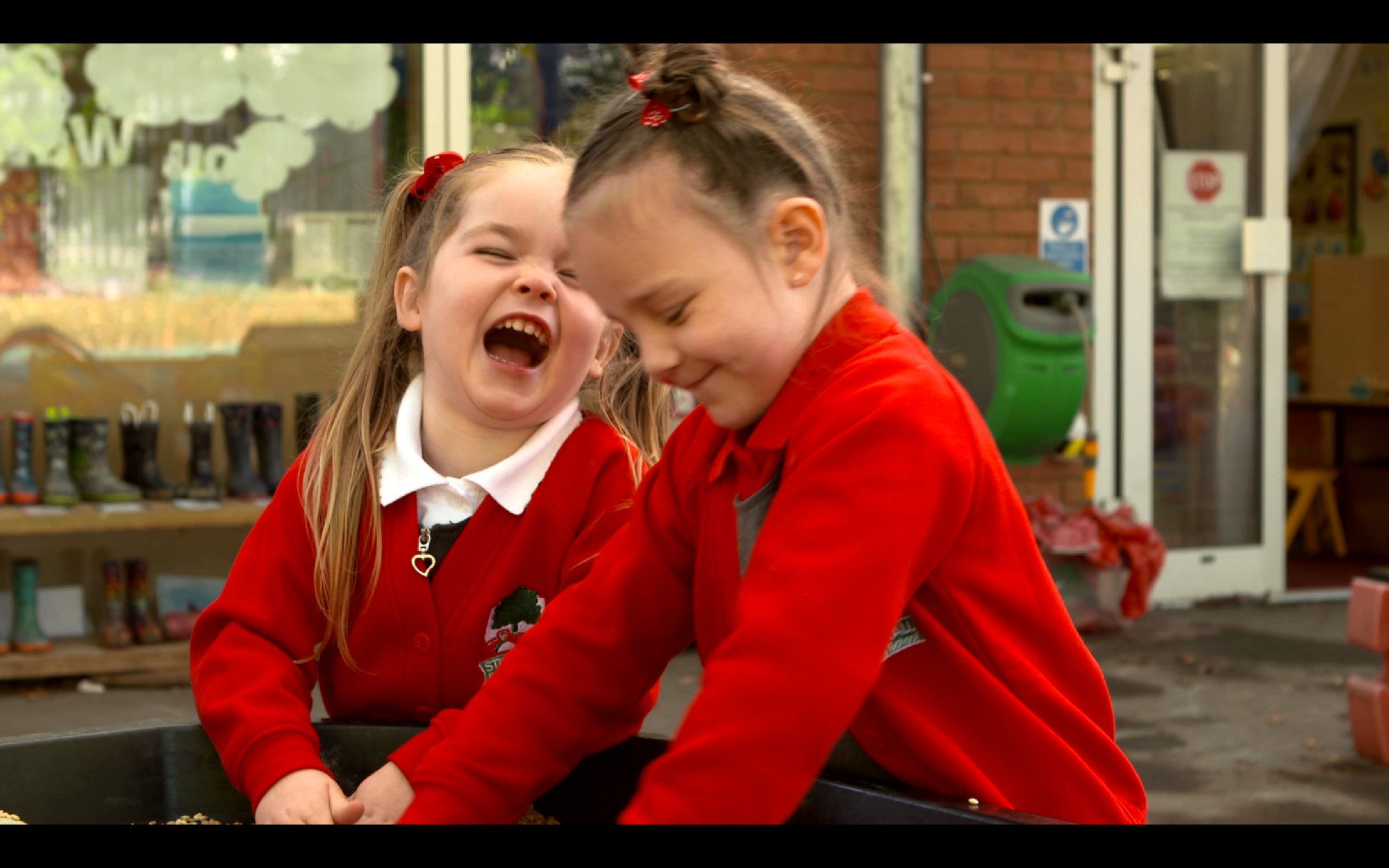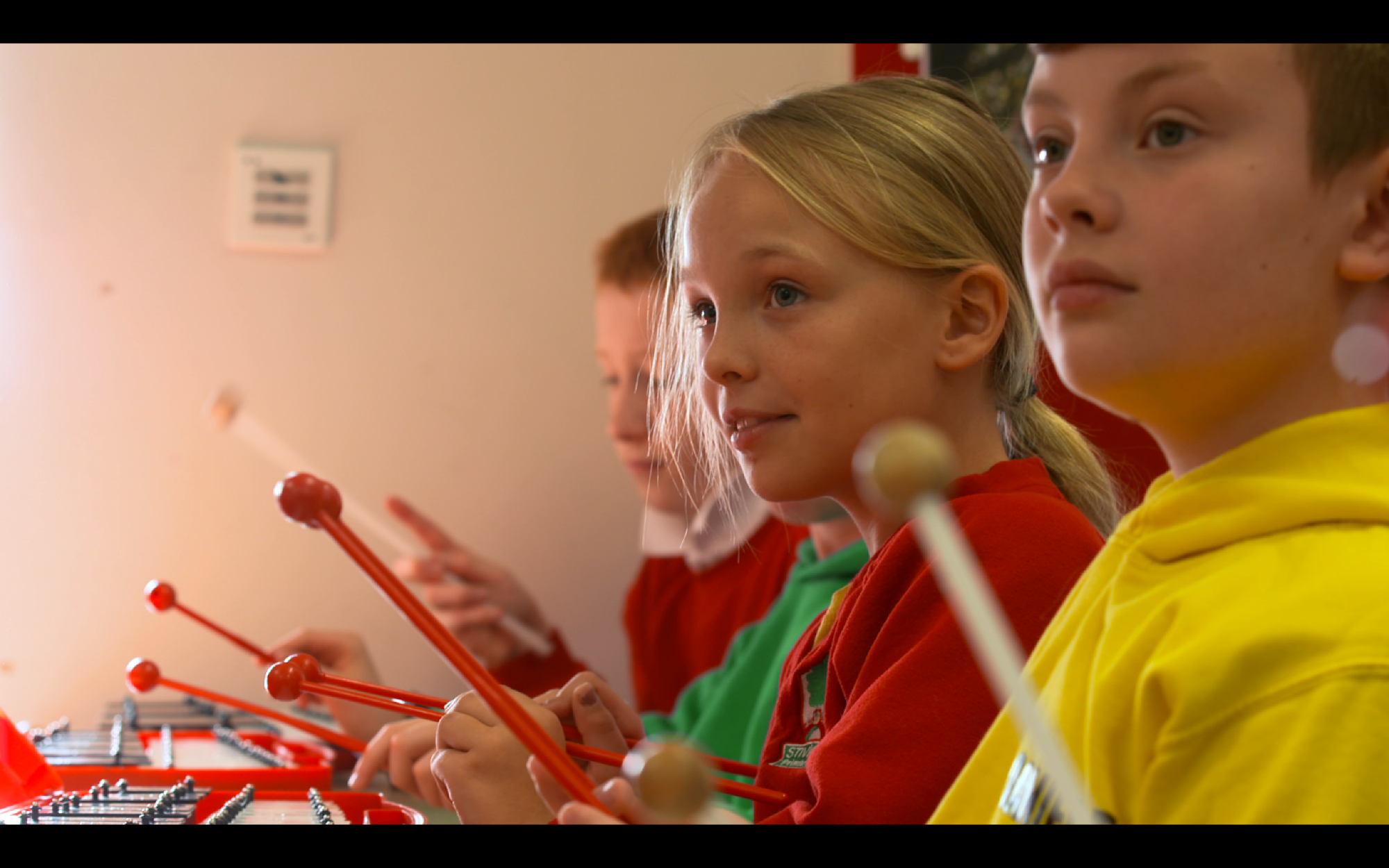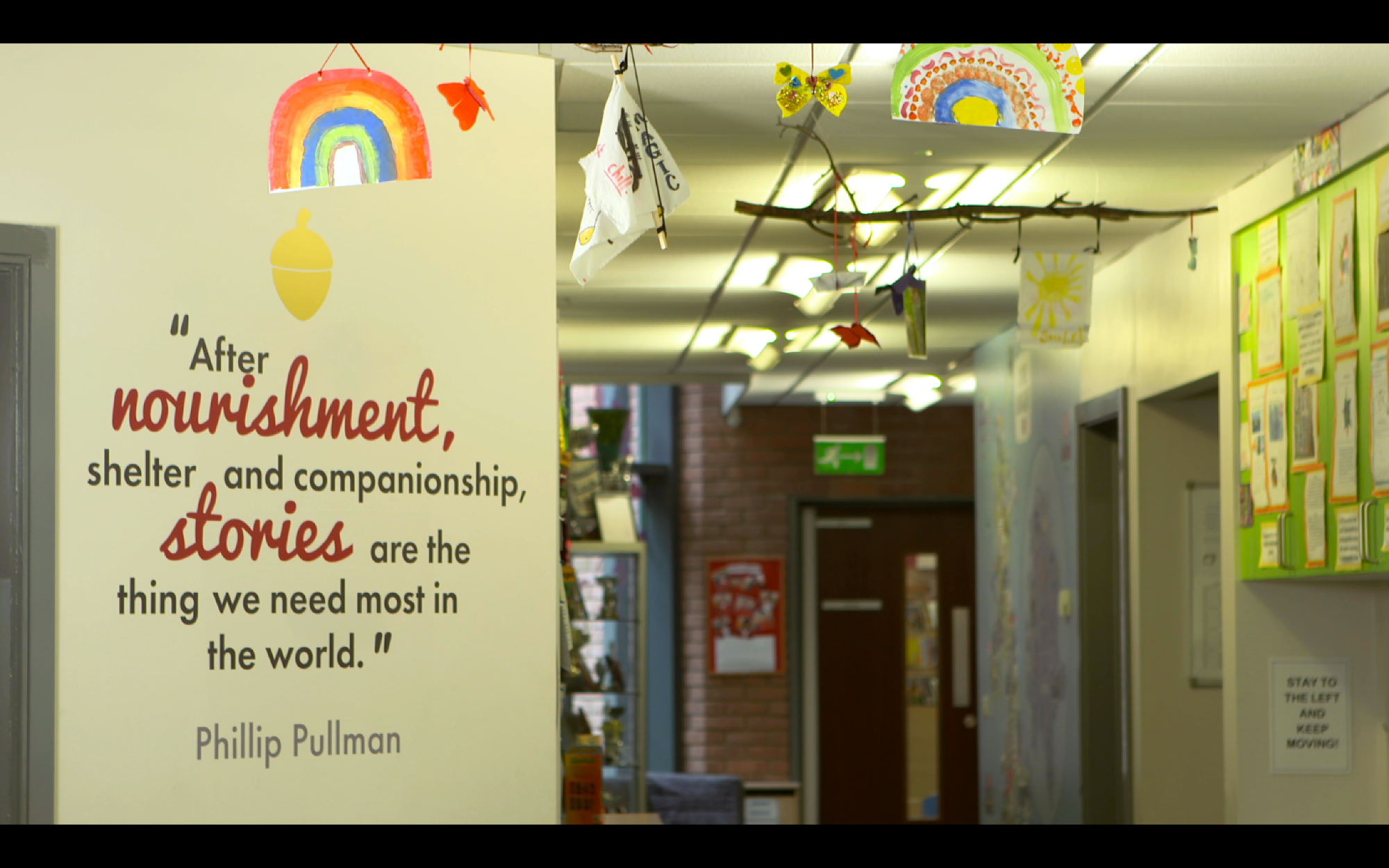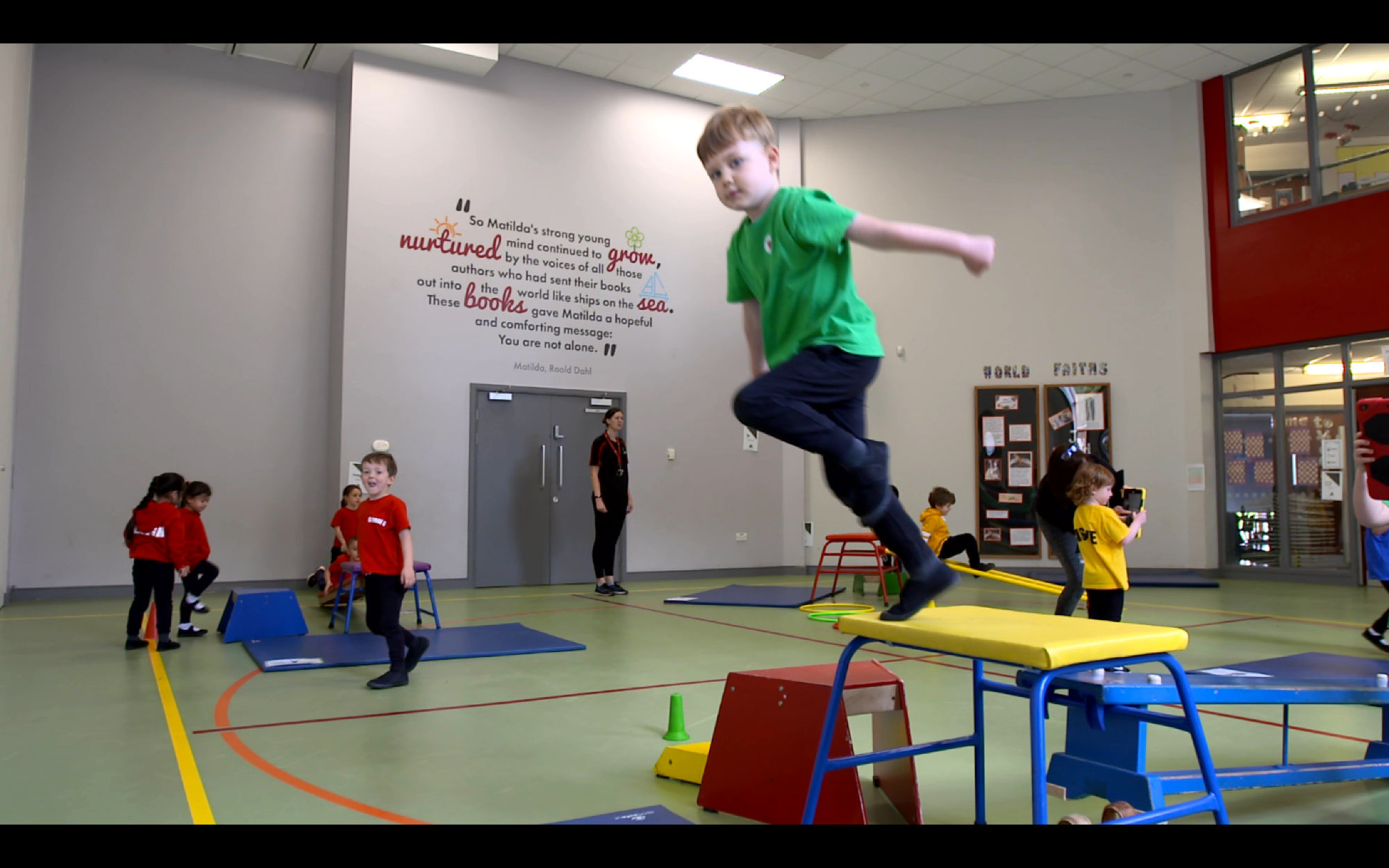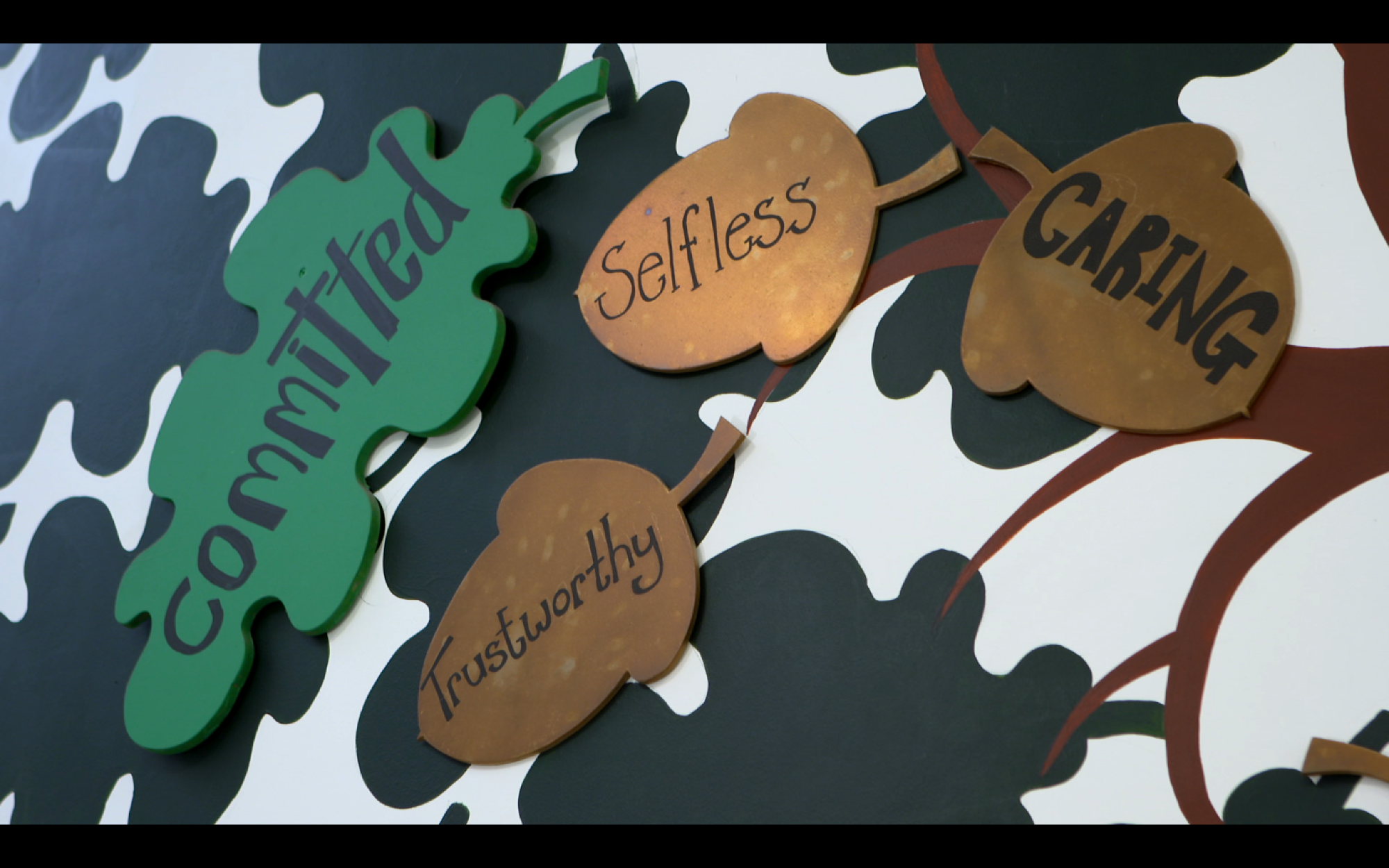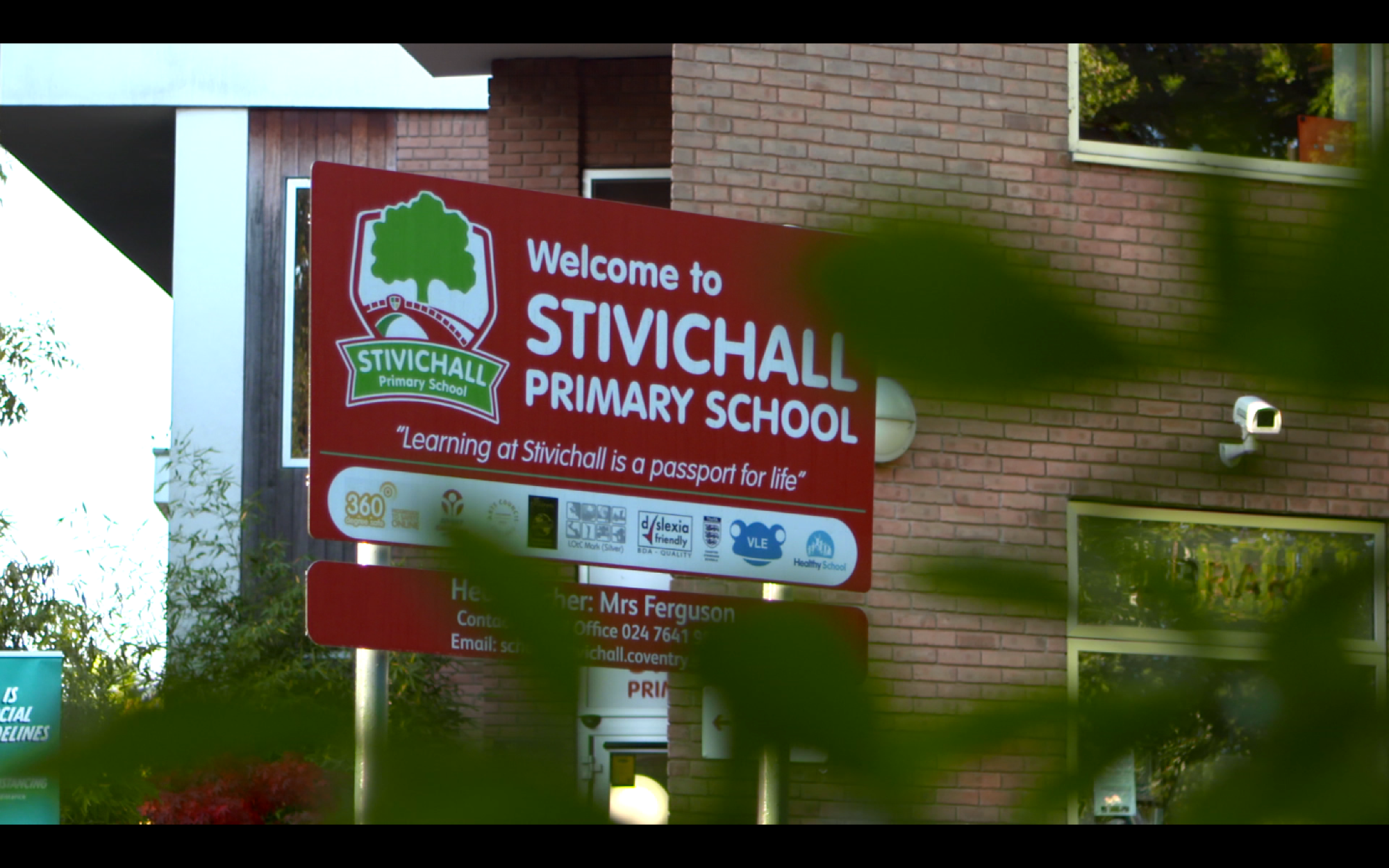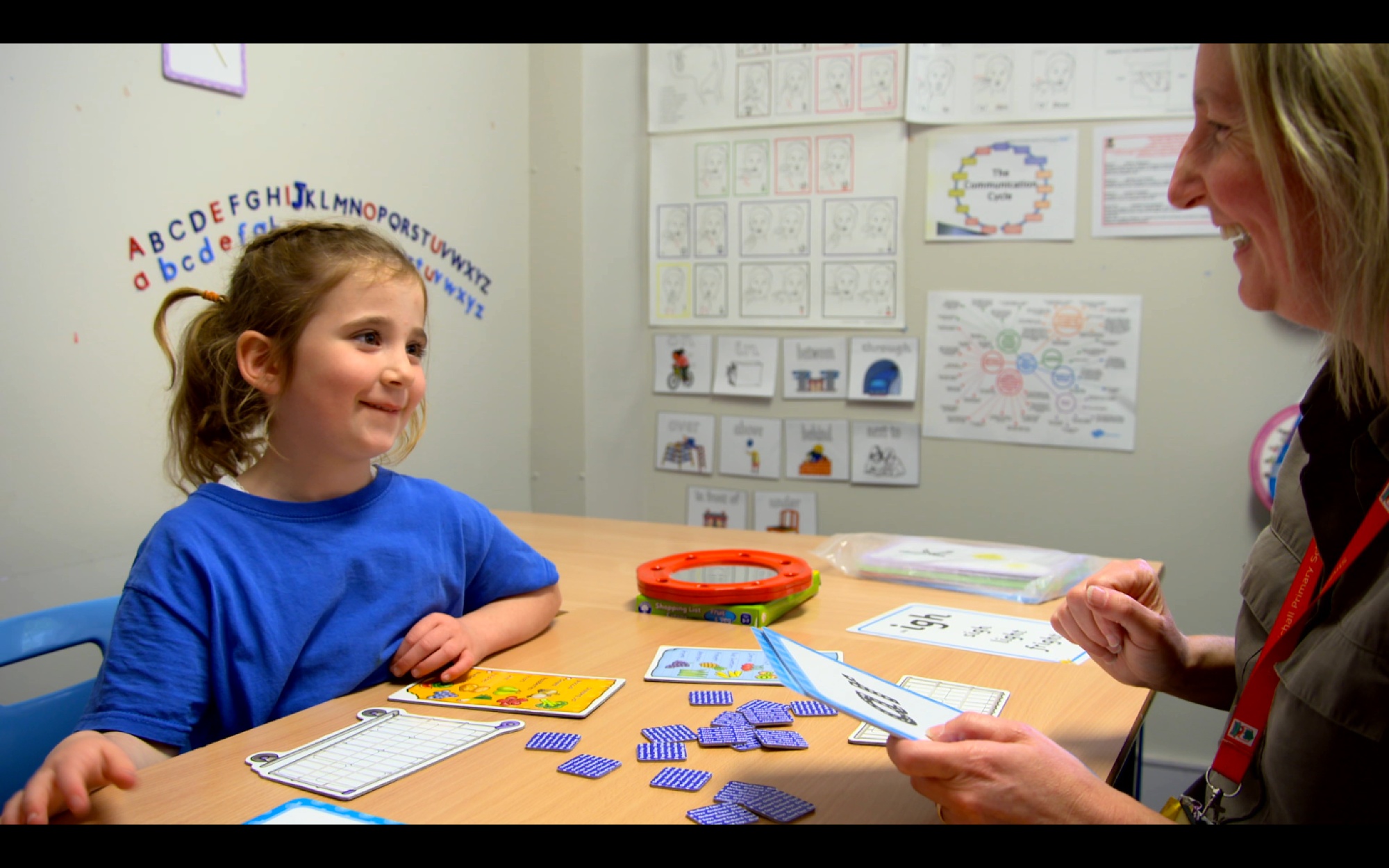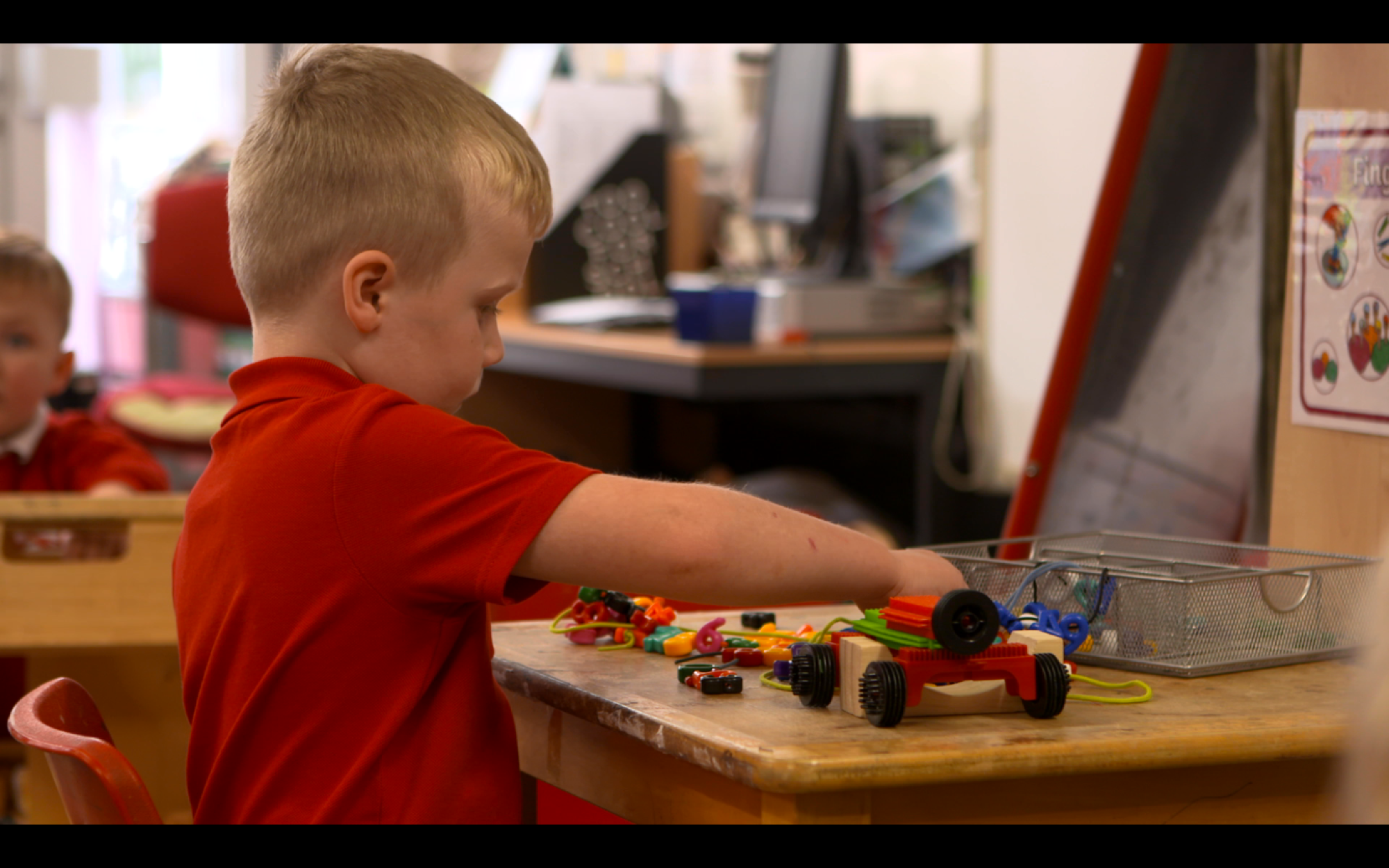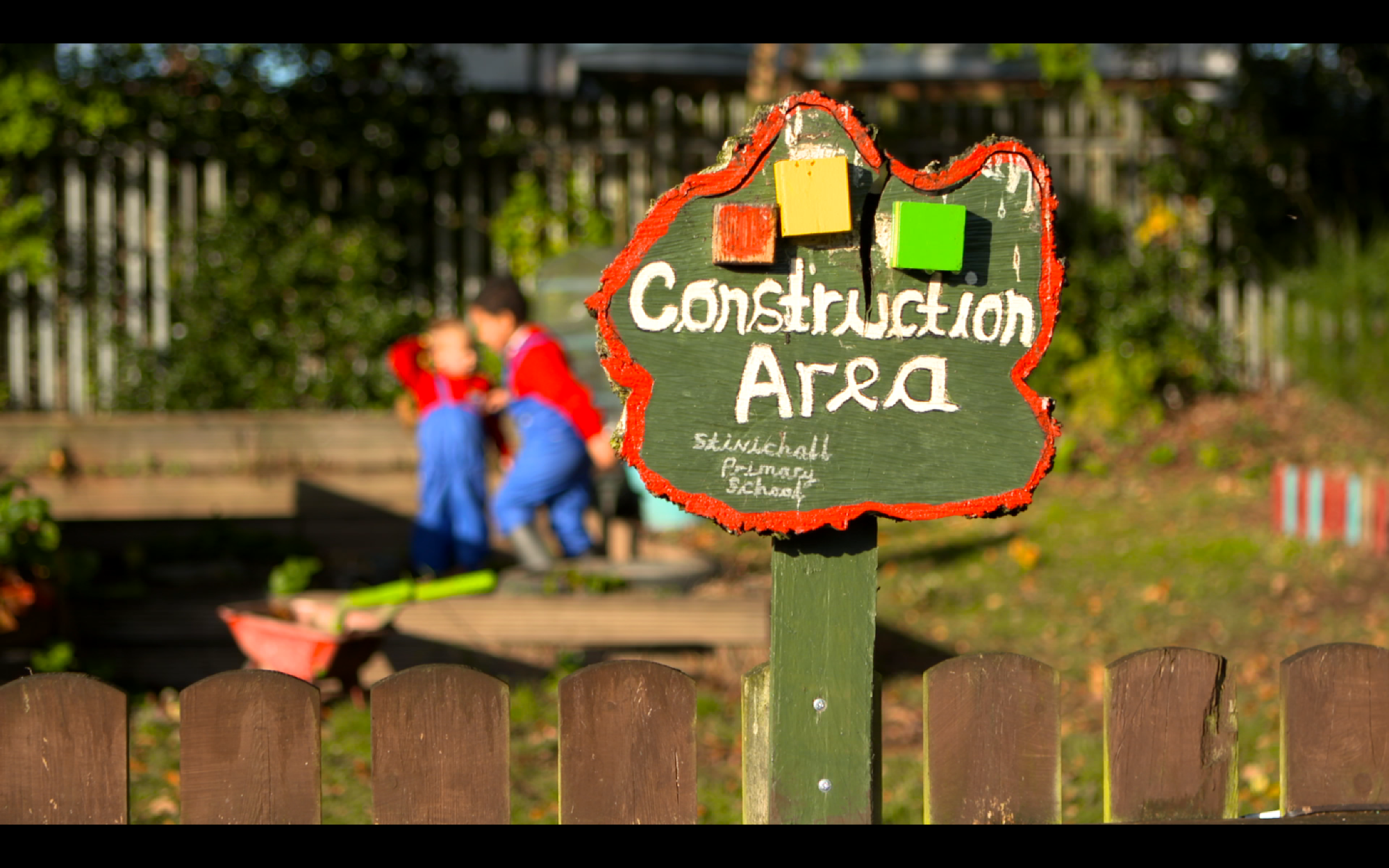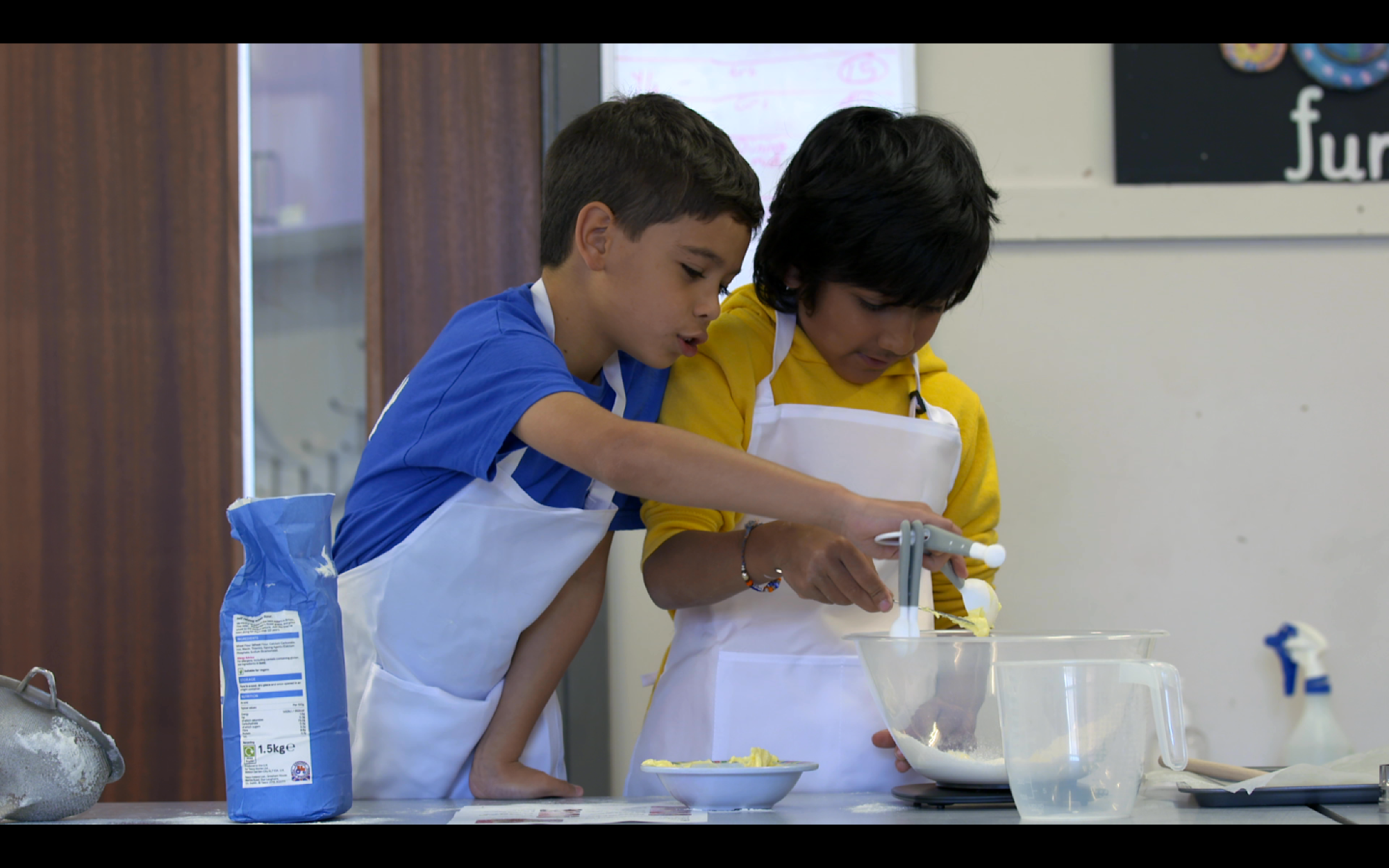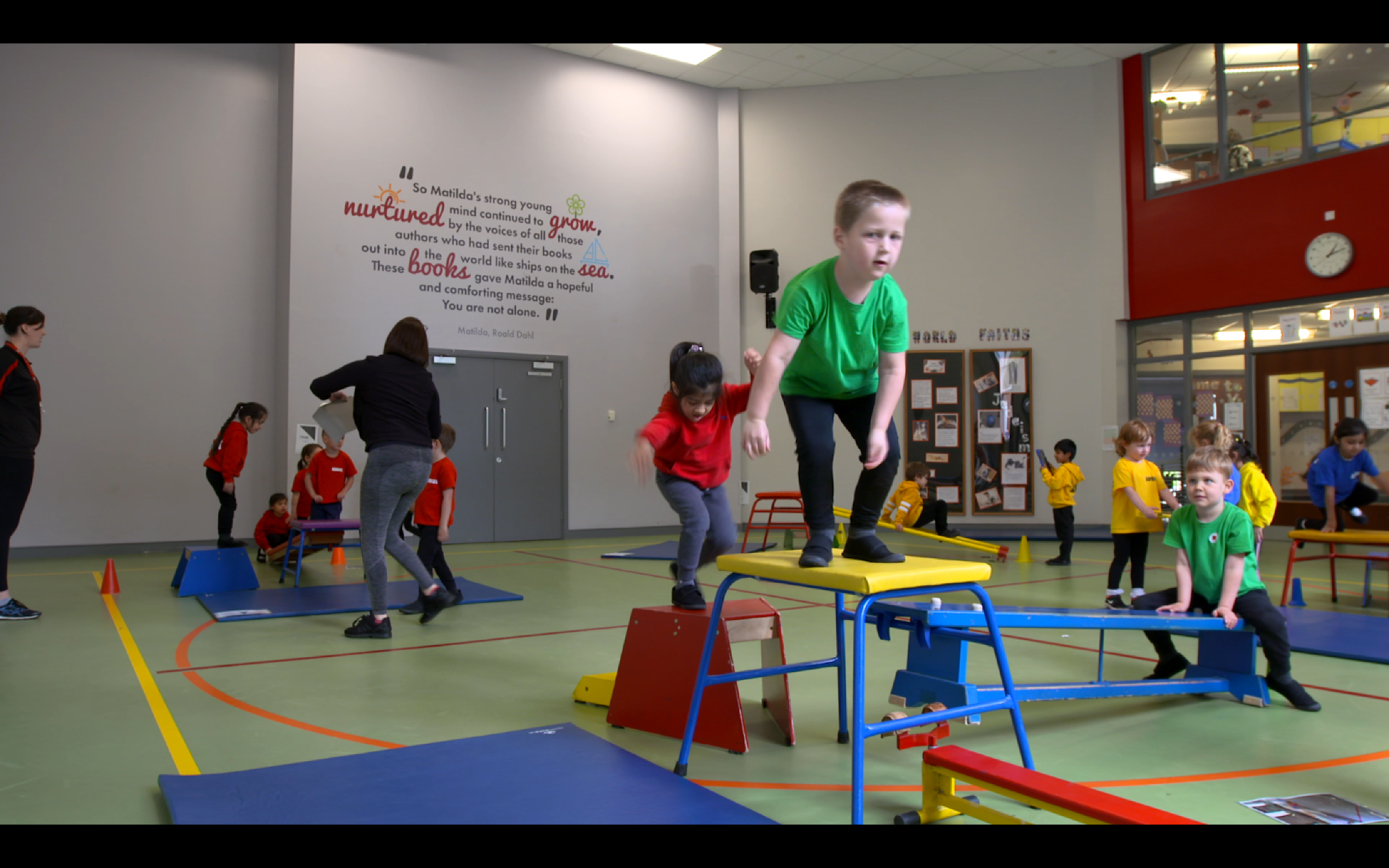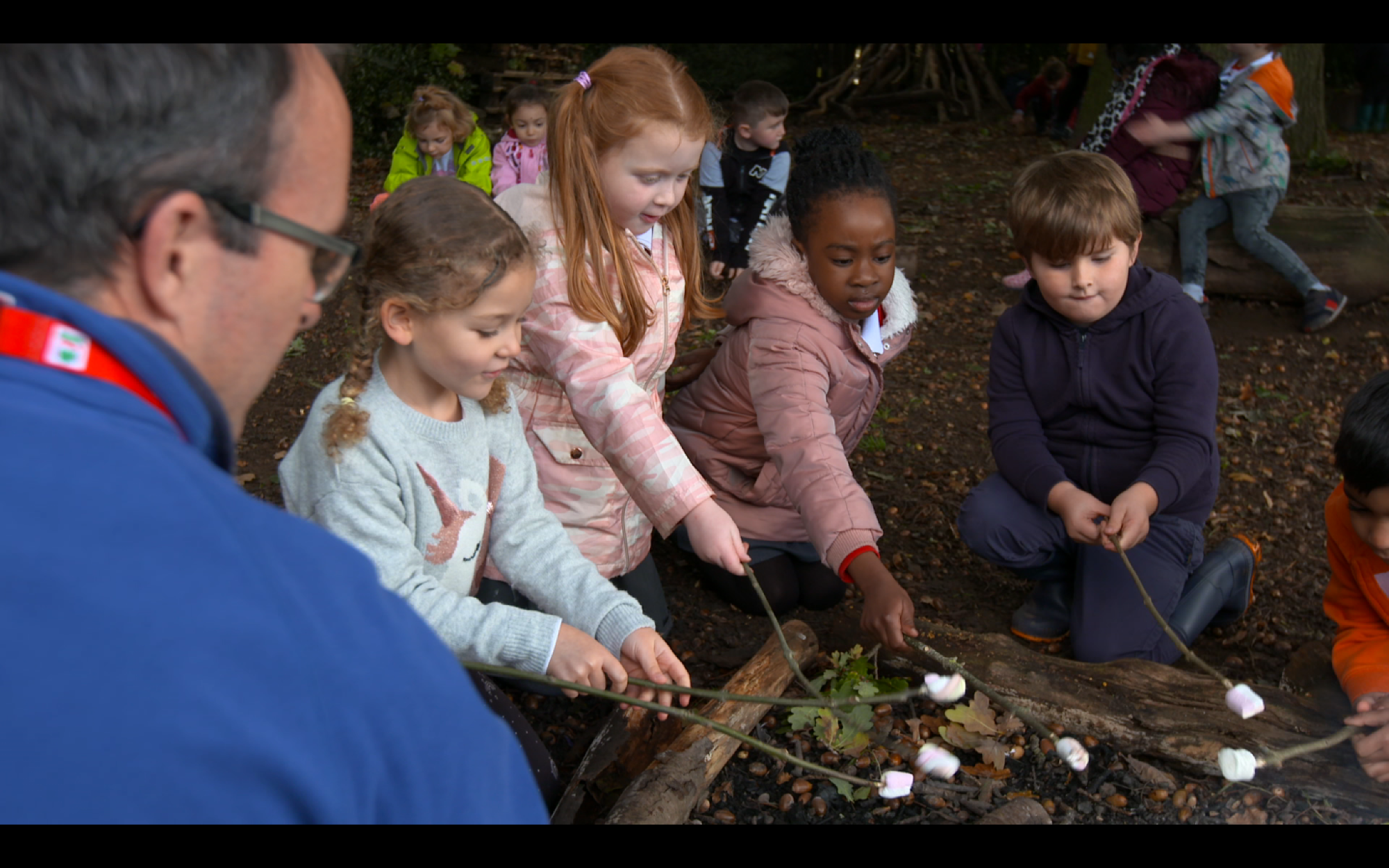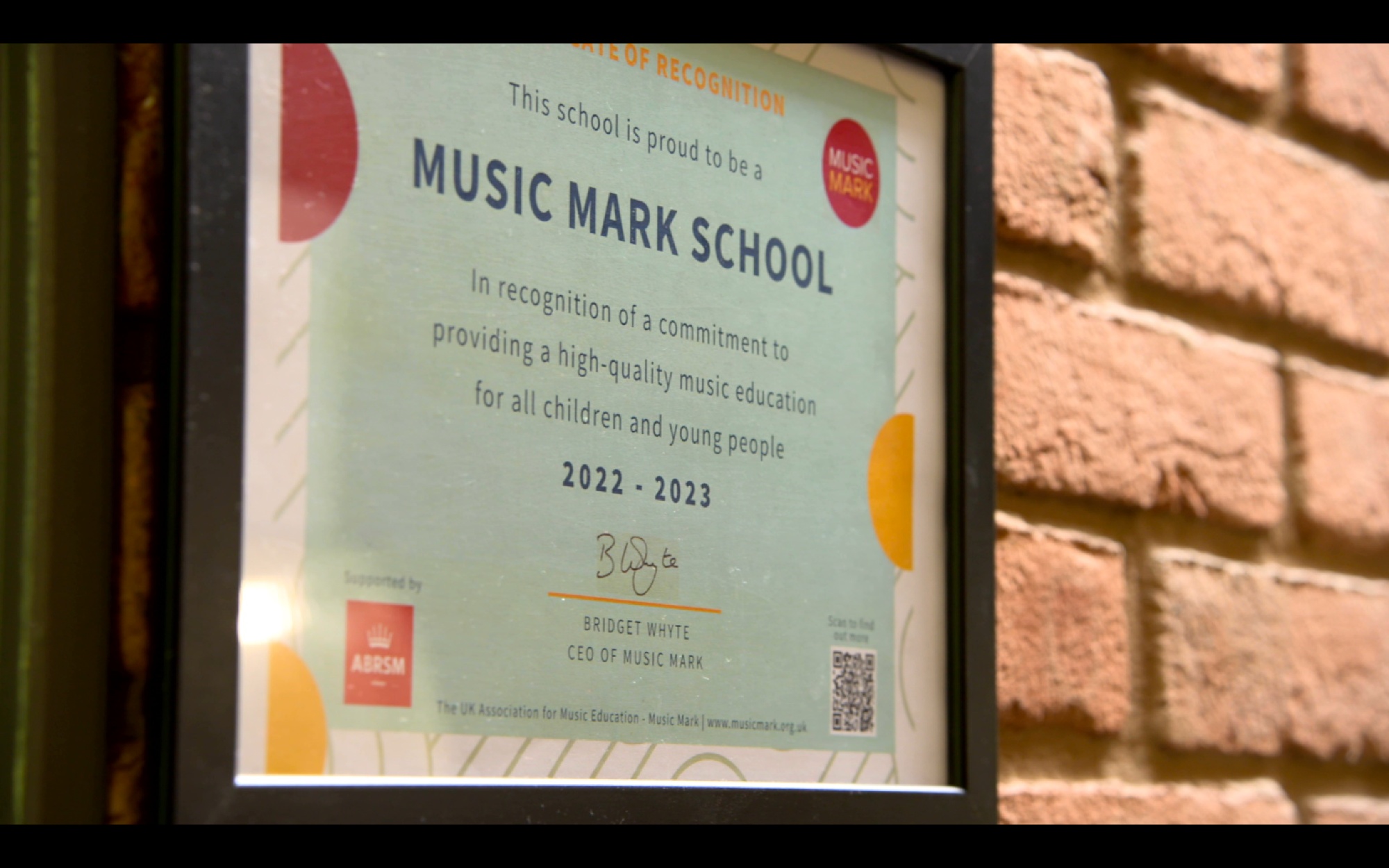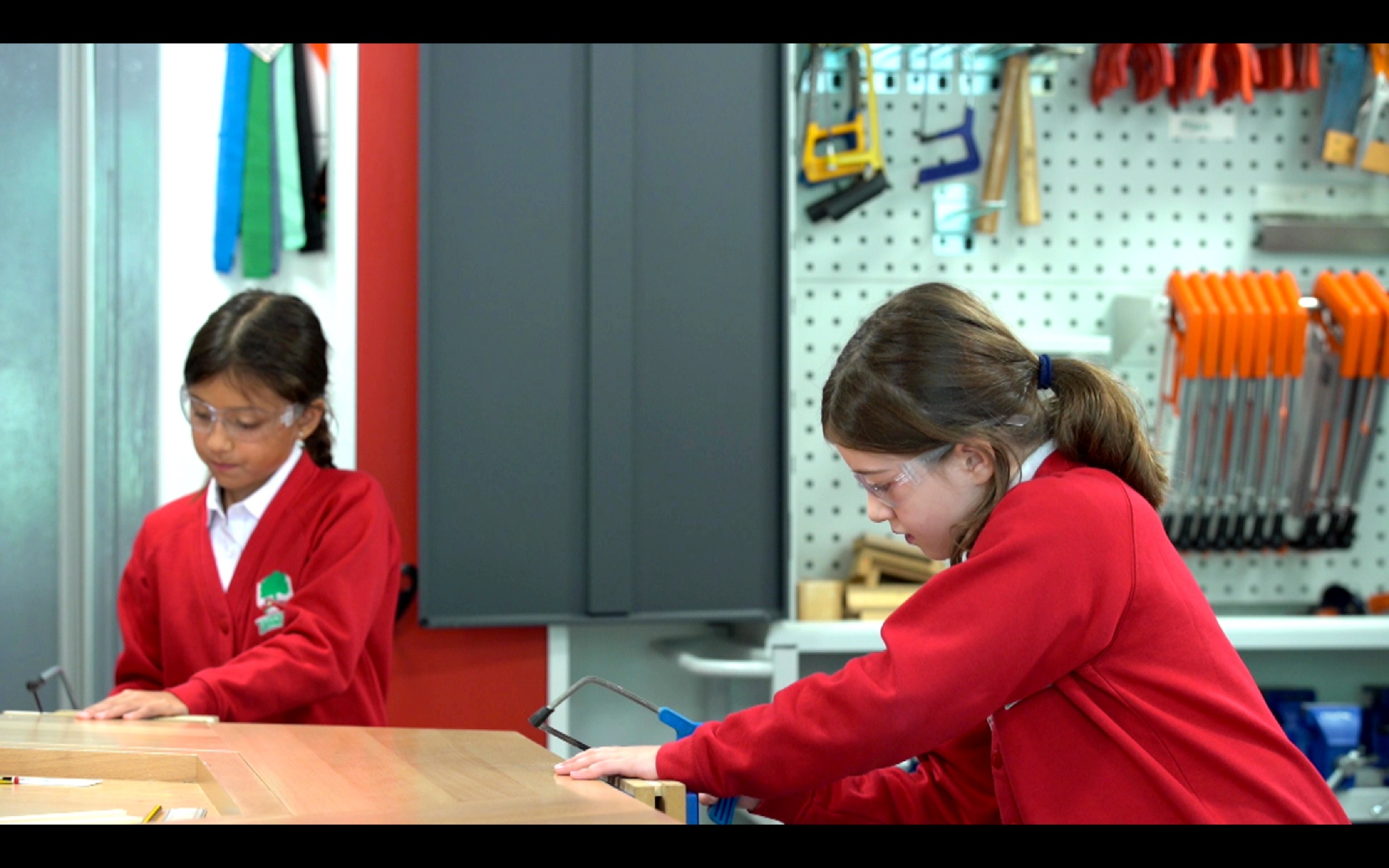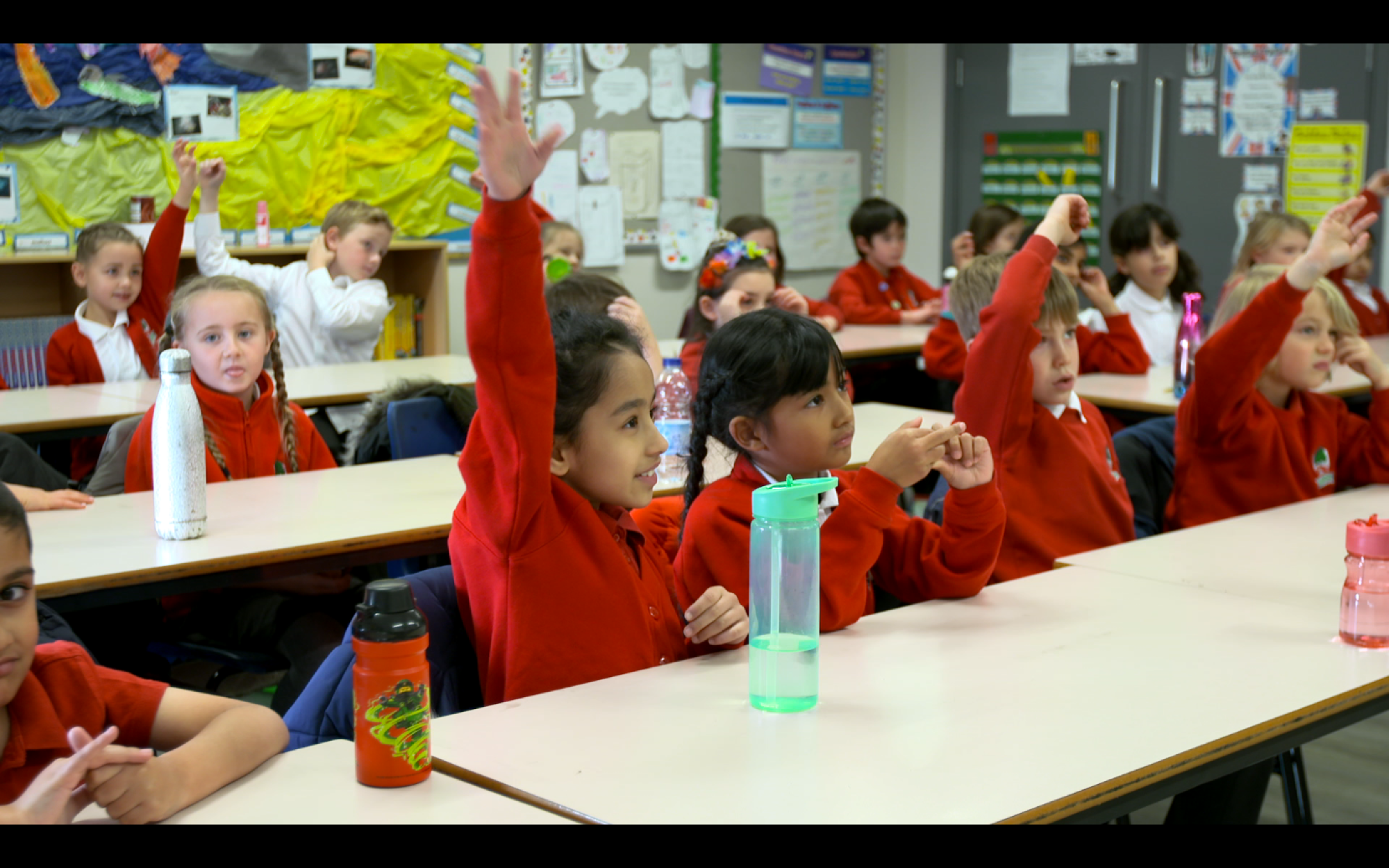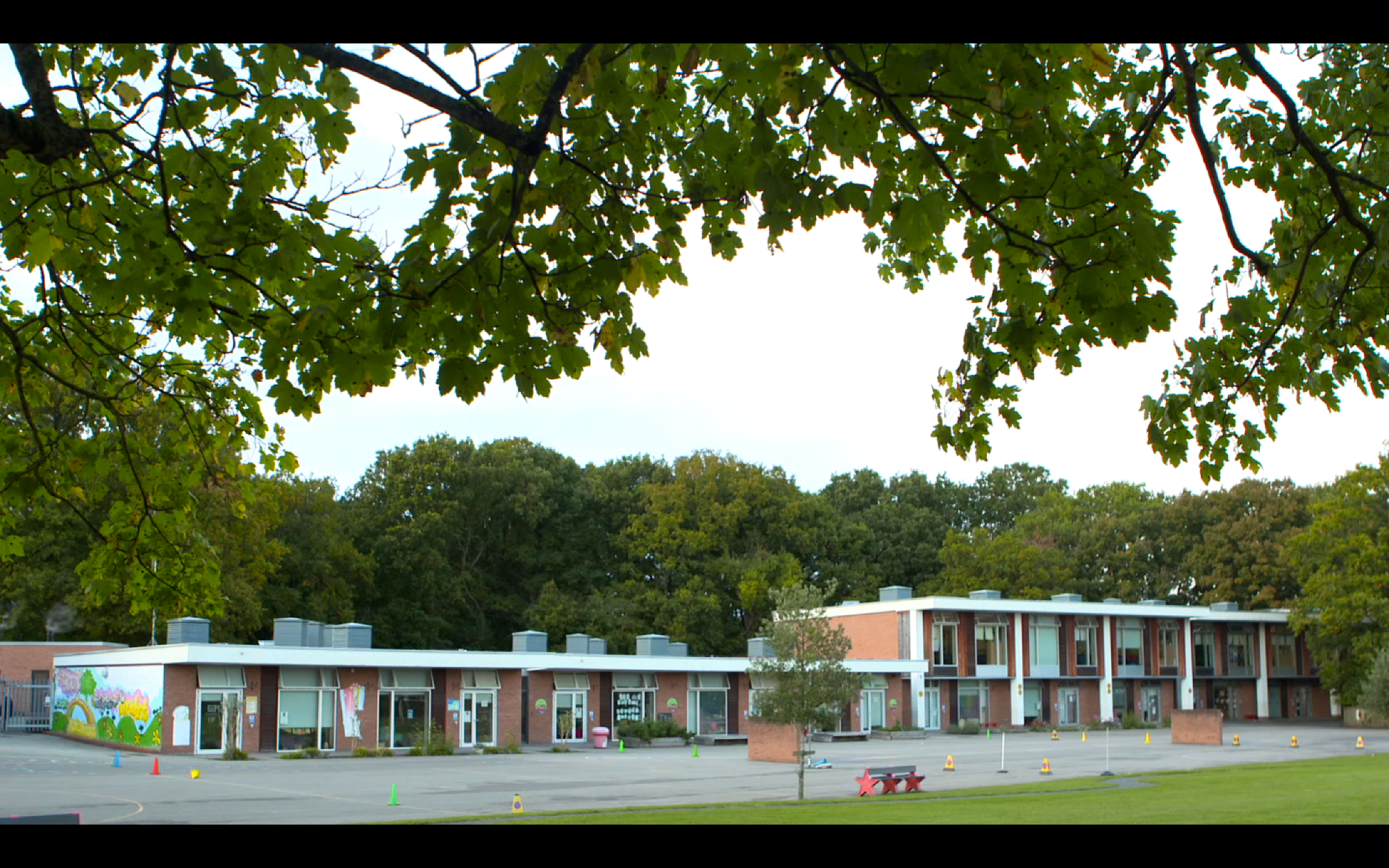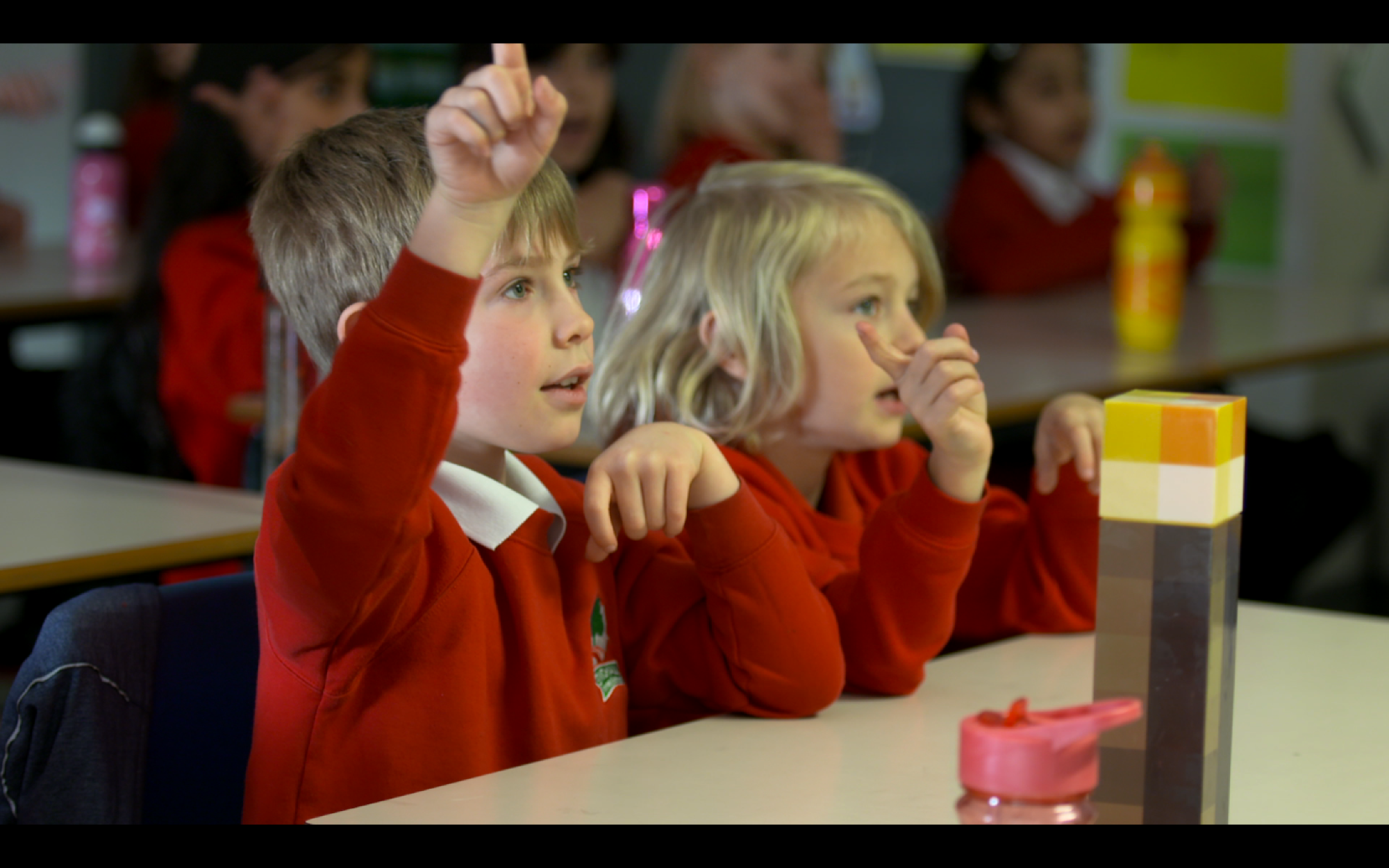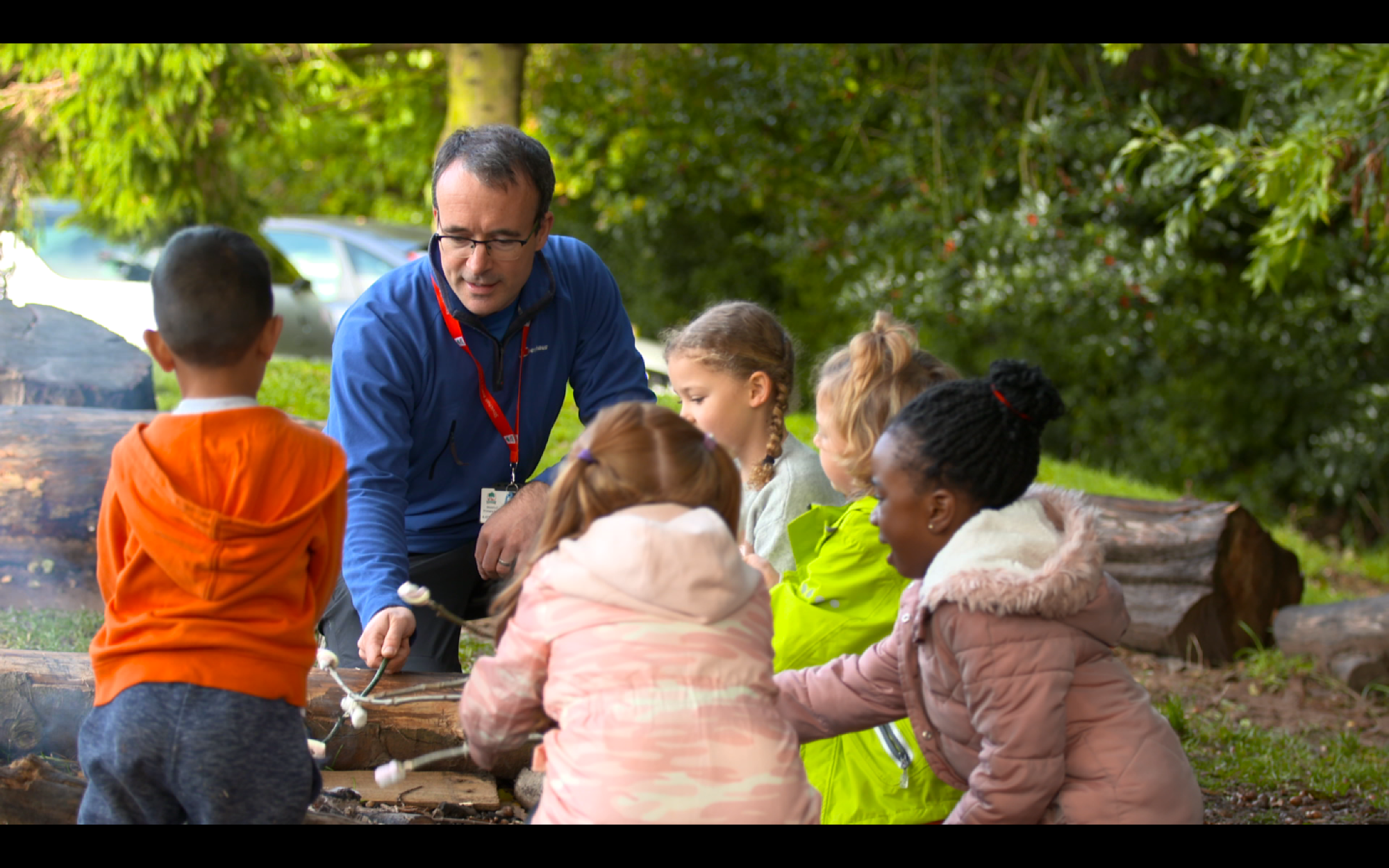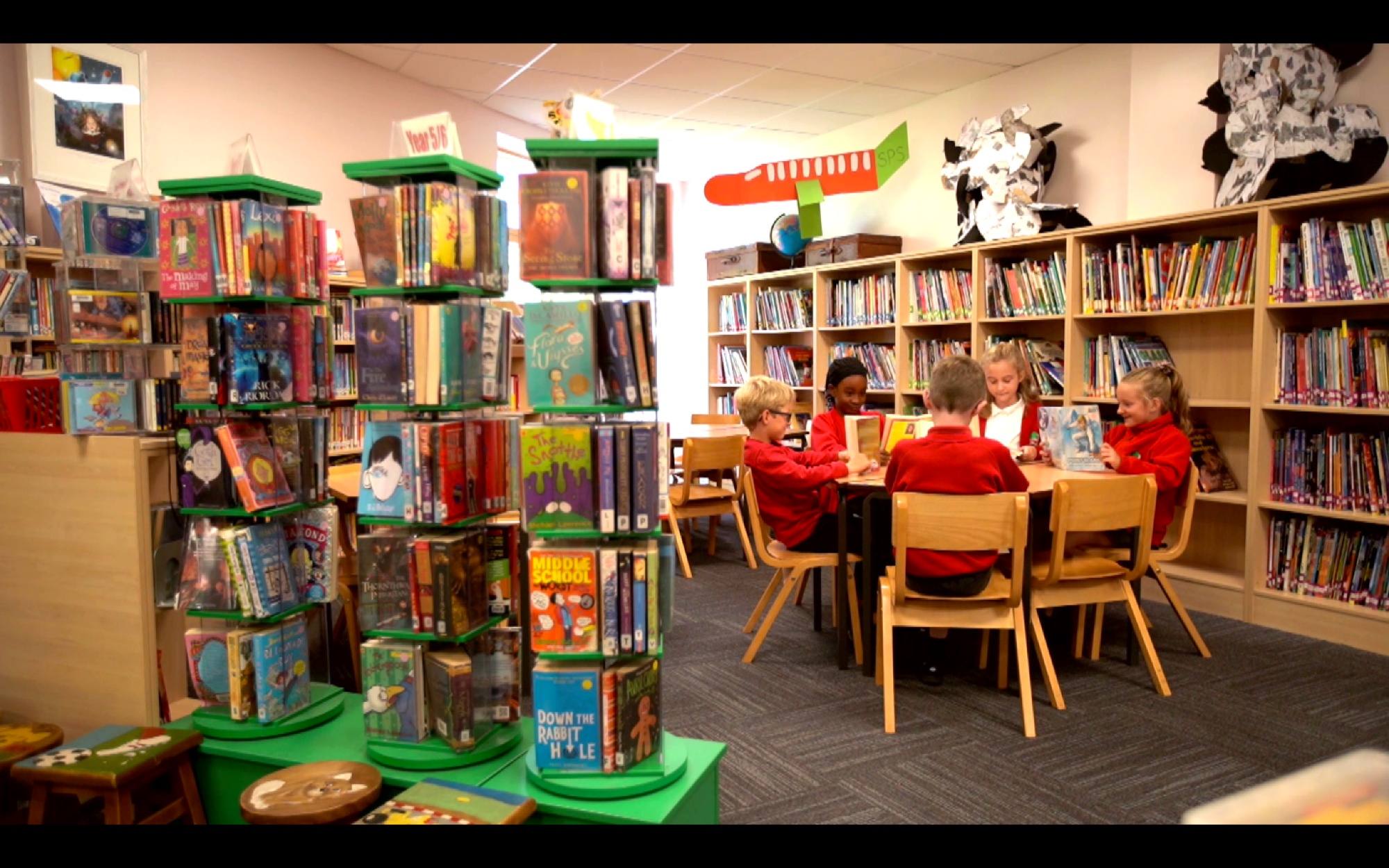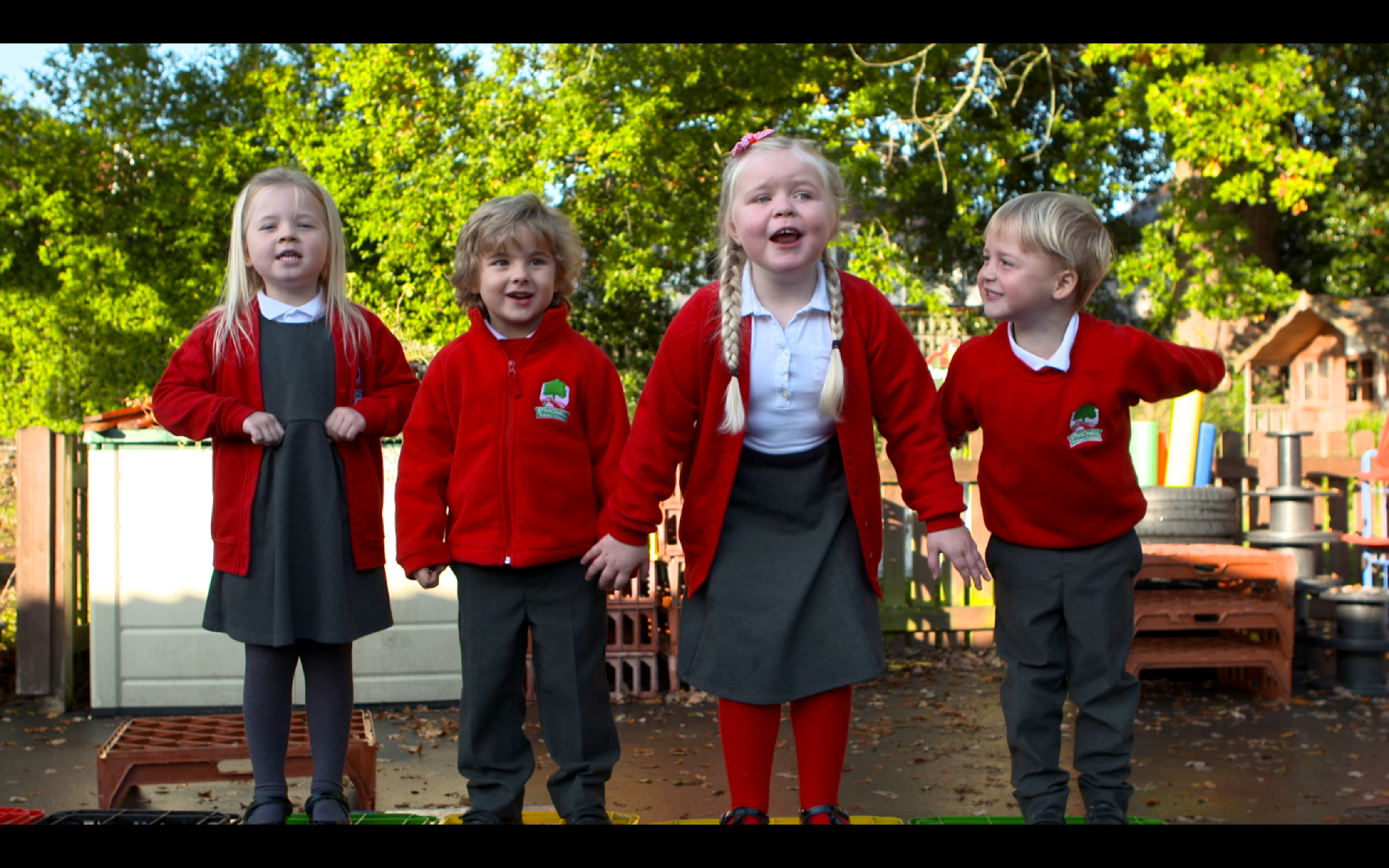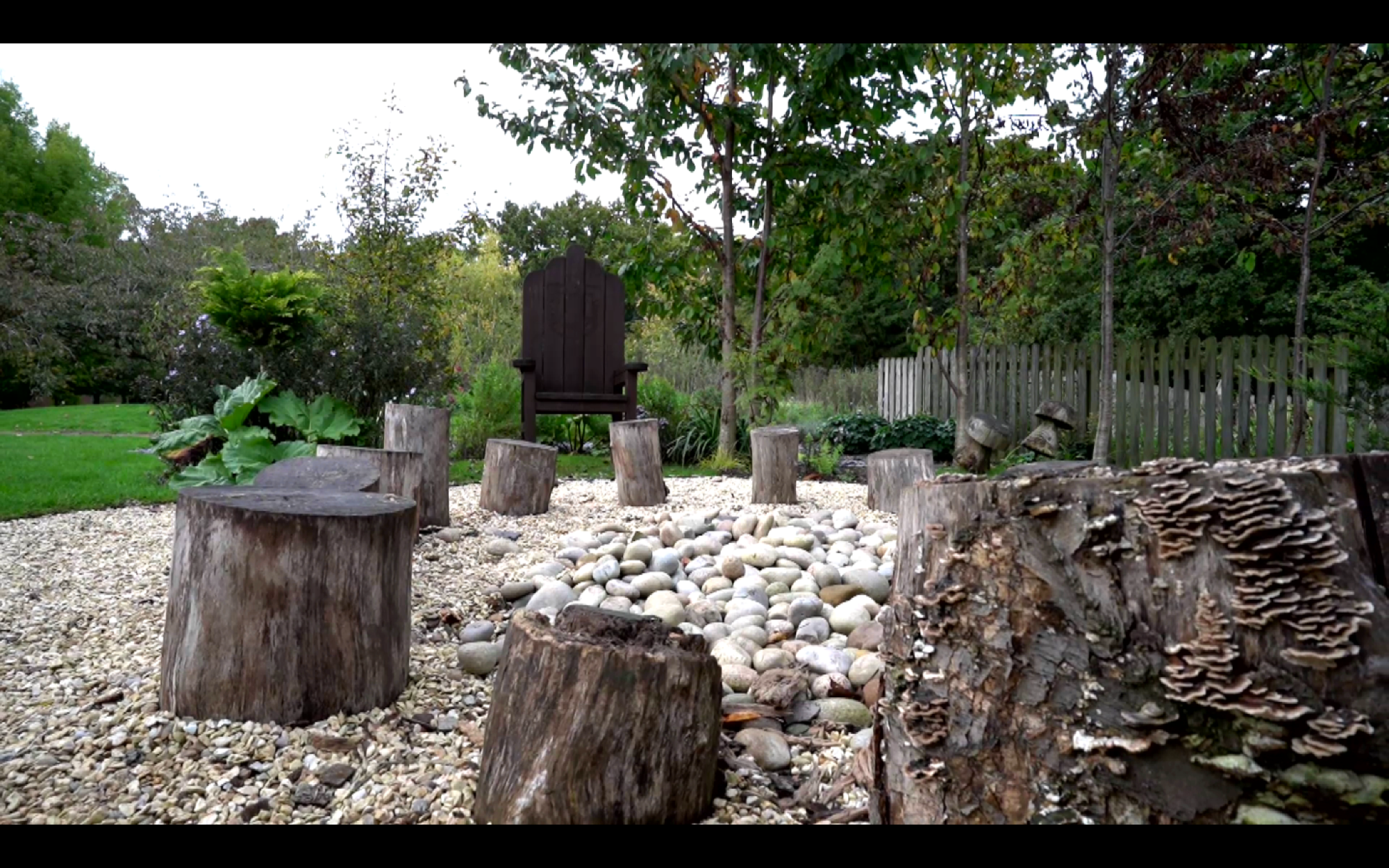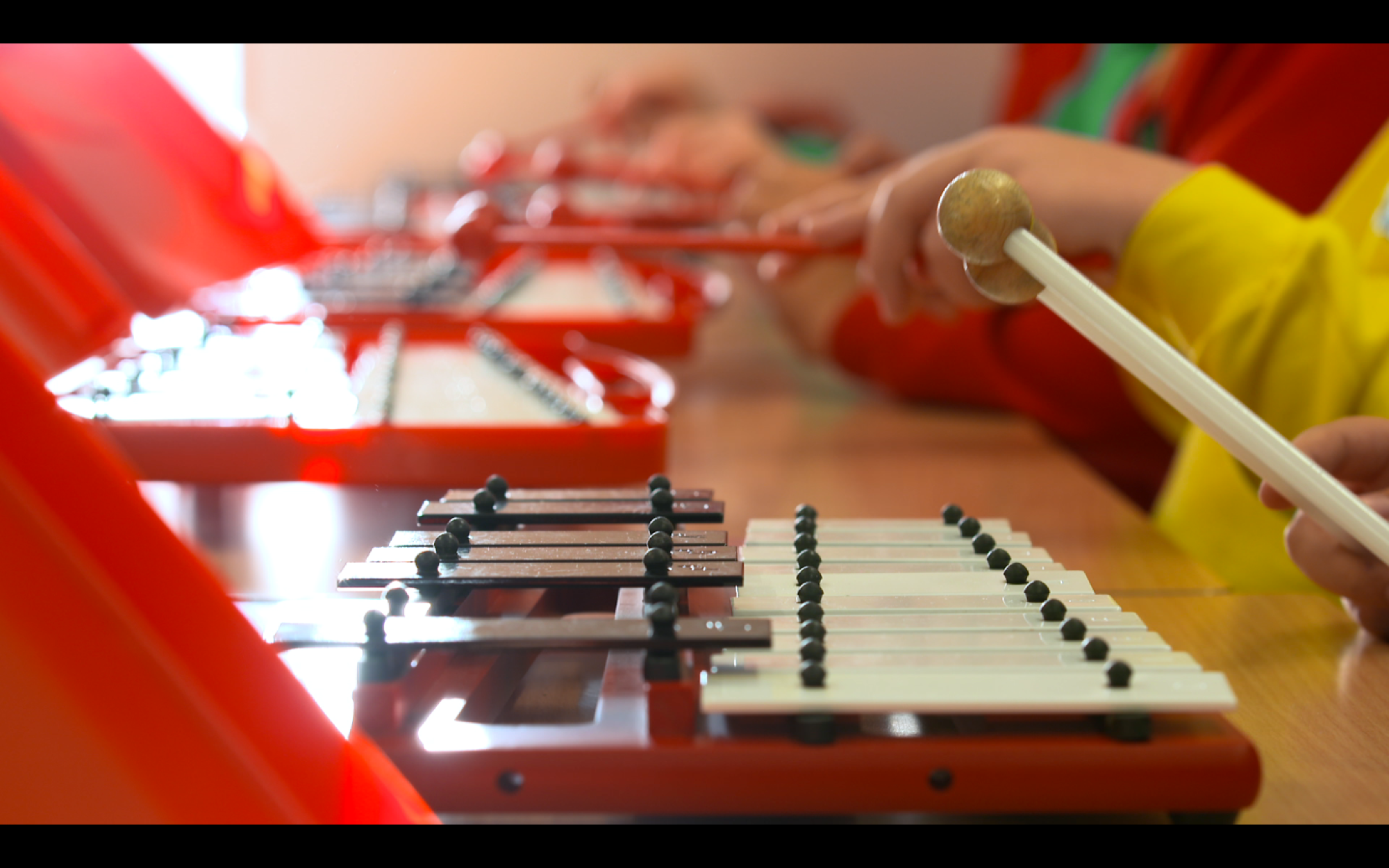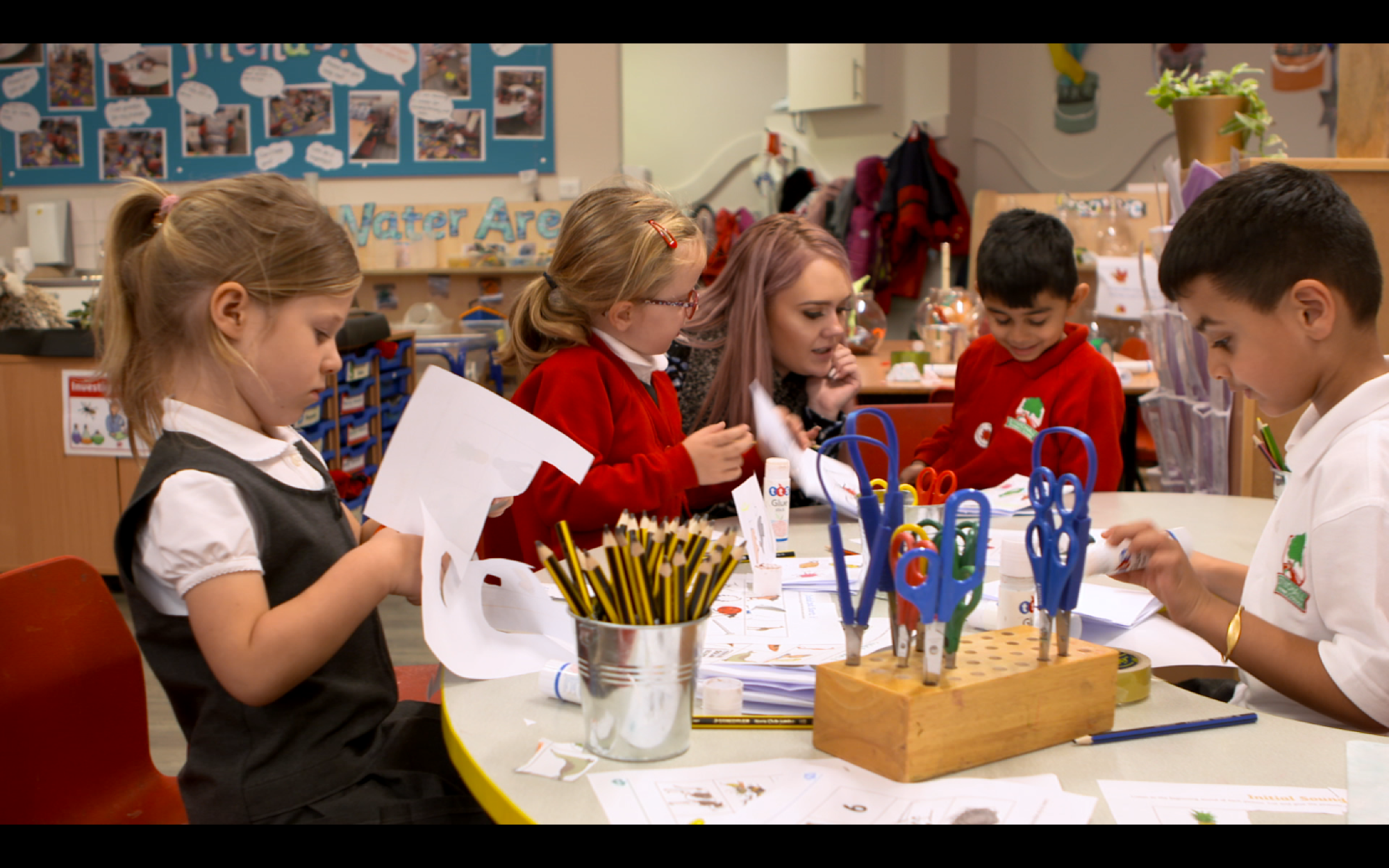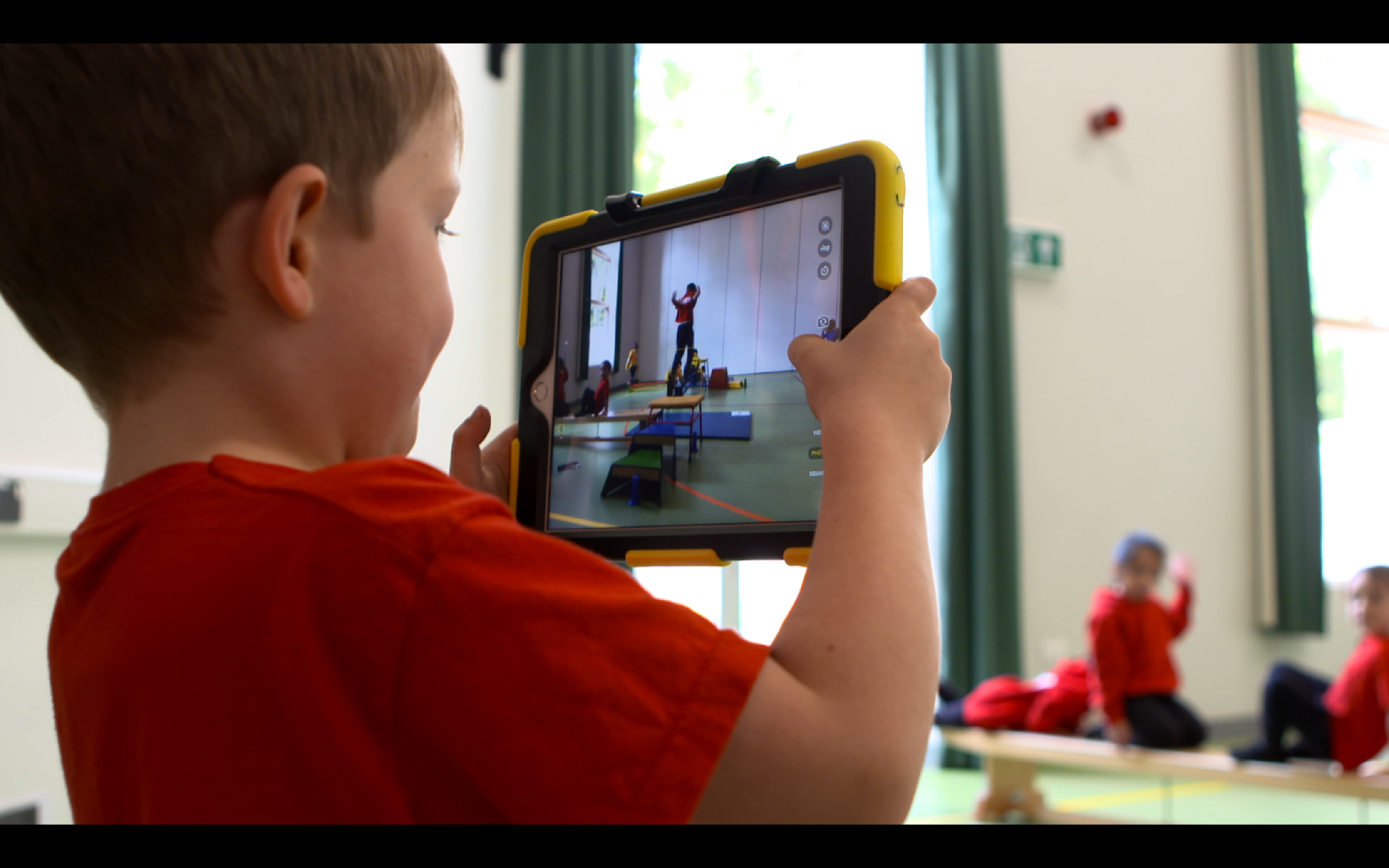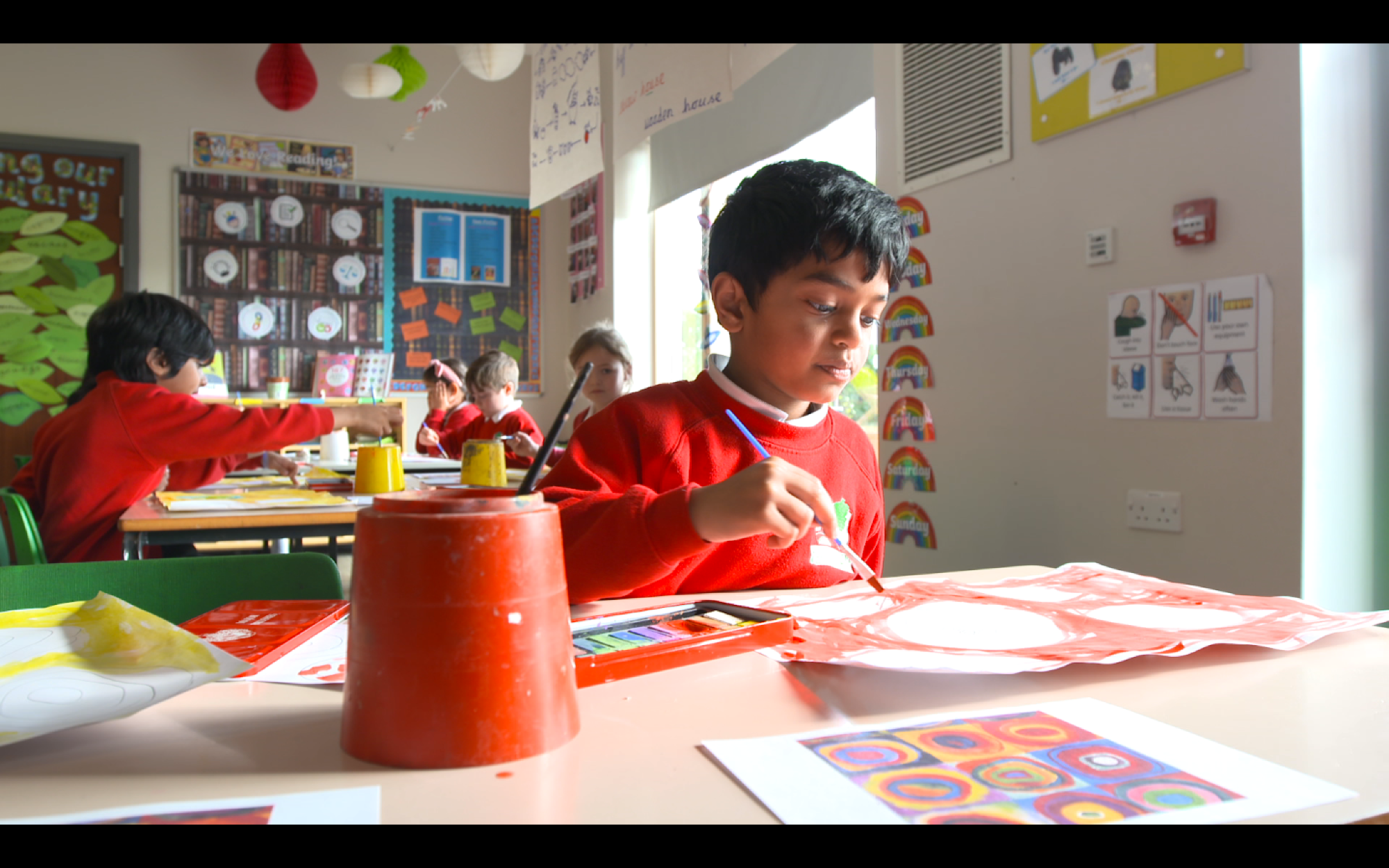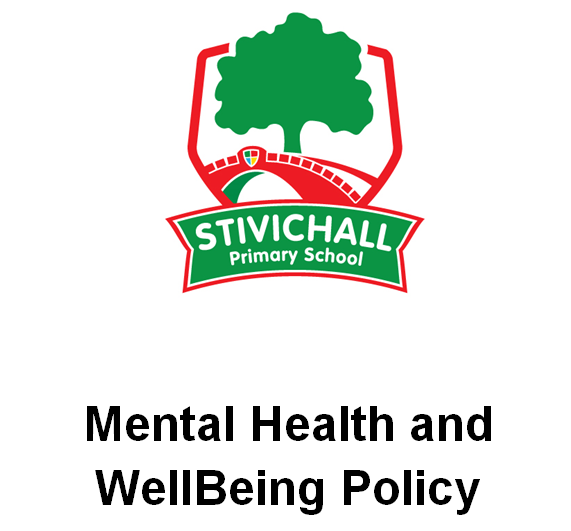Well-being Ambassadors
Spring term:
Please watch this space for news about our pupil well-being ambassadors
Recovery and Wellbeing
https://www.recoveryandwellbeing.co.uk/ offers courses via Zoom for those over 18. This could be a specific source of support for parents, carers or other adult members of our community.
What is mental well-being?
“A state of well-being in which every individual realises his or her own potential, can cope with the normal stresses of life, can work productively and fruitfully, and is able to make a contribution to her or his community.” World Health Organisation (WHO), 2014
At Stivichall Primary School, we believe that the mental well-being of our pupils is key to developing happy, inquisitive learners who are able to face challenges in a positive and proactive way.
|
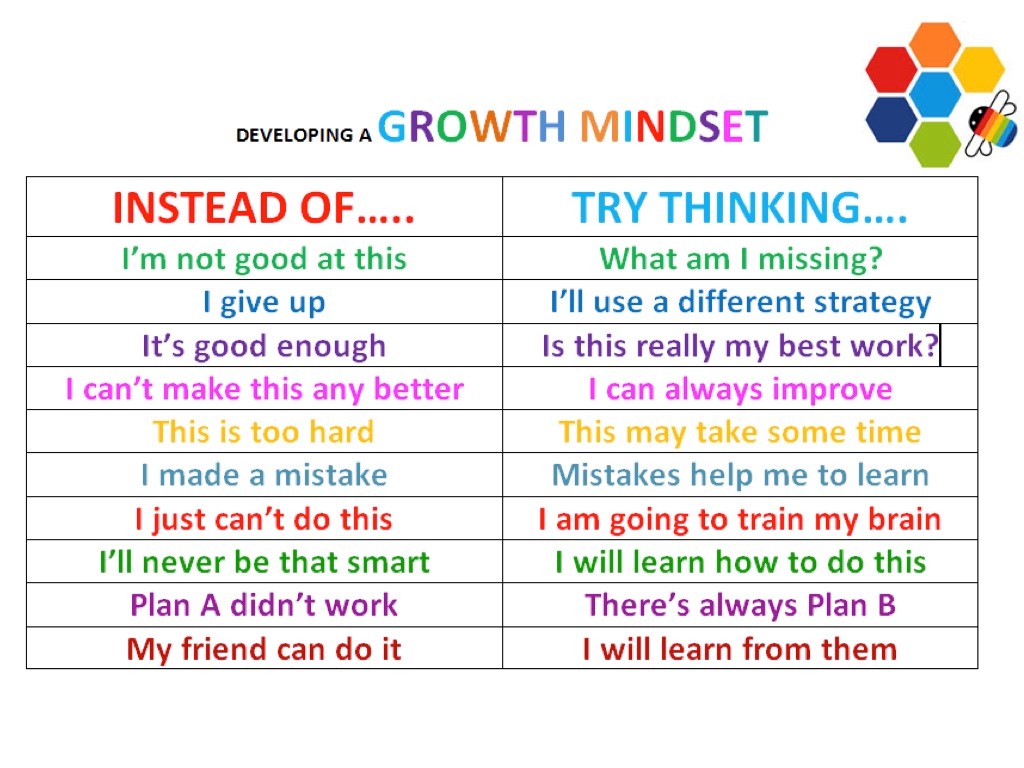
Growth Mindset
As part of our curriculum, we teach the skills children need to develop a growth mindset, focusing on the characteristics of effective learning, for example, perseverance, creativity, concentration and exploration. We model these to the children and give praise when the children are seen to be using them.
Jigsaw
Part of our PSHE curriculum is Jigsaw. During these lessons, the children learn techniques to quieten and focus the mind, concentrating on breathing and body awareness. It is hoped that the children are then able to use these skills as a calming technique in moments of stress or worry to help calm them so they can then take positive steps to finding a solution.
Learning Mentor & Counsellor
We have a Learning Mentor at school who offers a range of interventions and support to children if they are struggling with emotional, social or behavioural problems that may affect their ability to learn. We also have a visiting school counsellor to whom children can be referred with parental consent, for individual counselling support. Please see information below about our Social, Emotional and Mental Health (SEMH) support groups that we run at Stivichall to support children.
Self-referral – If children have particular worries over friendships or learning, or are struggling with their emotions, they can complete a self-referral form, available within every classroom, and post this into a ‘zebra’ box. These are monitored by the Learning Mentor, who will then speak to the child and assess what support is needed.
SEMH Groups
The development of children’s social, emotional and mental health (SEMH) is embedded in our curriculum at Stivichall and in the practice of teaching and support staff. Most children will access the support and guidance they need during lessons and informally through their class teacher and/or teaching assistant. From time to time, we may identify children who would benefit from additional support around their wellbeing and/or social communication. Indicators of this might include friendship worries, a bereavement or illness in the family and changes in the way a child is presenting in school. If we feel a child would benefit from some extra support for a period of time, a member of school staff will contact parents to discuss this further. The below list details some of the groups which we can offer in school:
Well-being group
This group is put together to provide an opportunity for a small group of children to discuss the positive and tricky parts of their week/weekend at home and school. In this group, children will use a range of emotion board games, books and other resources specific to the needs of the group. They may also, at times, have calm quiet time using the sensory room at the end of the session if the room is available.
Lego therapy
This group is to encourage the development of children’s social skills, turn taking, language building, and self-regulation. The children will be encouraged and supported to manage their own urges and to follow rules and cooperate with others whilst working on a joint task. This group can also encourage confidence in quieter children and develop self-esteem over time.
How the session works; 3-4 children sit around a small table so that each child can reach the centre of the table. Each child is given a role card to start the session. All children will get a chance to play all roles over the course of the programme. The engineer has the instruction book, they instruct the supplier using descriptive words on which pieces they need to find. These are then passed to the builder. The engineer then instructs the builder where they must then place the pieces by following the instructions in the booklet. This develops instructional and positional language. The supervisor, usually the adult but can be a role model child ensures that each role is being followed/played correctly. Once the model is built, each child has an opportunity to play with it and then between the group, they can dismantle the model to place back into the box ready for another group. If children struggle with the concept of doing this, a photograph can be taken of the model for them to keep.
Friendship group
This group supports children who might struggle to make friends or may struggle to maintain friendships and may have issues with frequent social disputes. The group aims to help them further develop their social skills and/or confidence in making/maintaining friendships. Board games, relevant books and other resources support the children’s learning in this area. Discussions are had around how to begin friendships, what makes a good friend and how to start conversations with potential friends.
Self-regulation
In this group feelings and emotions are discussed, relevant books shared and games are played. Big emotions are thought about and ideas of how to best manage these are discussed. Tips sheets are shared for children to use in class and at home and usually children also have ideas to share with each other of what could work for them when they are needing to manage their own big emotions. Sometimes Apps may be used on the iPad. Mindfulness is at times practiced in the sensory room.
Sensory time
This group is to support children with specific sensory diets that may have been recommended by an OT. It is also an opportunity for children to have some calm time in school to be able to better regulate themselves and reset ready for the next part of their school day. The sensory room is often used for this purpose using a range of resources such as sensory tools, sensory lights, a gym ball or weighted blanket, sand or playdough.
Talk Time
The first level of 1-1 counselling that we provide in school. We have members of support staff who have a 'Relate counselling skills for non-counsellors' qualification which they use in school to provide in-house 1-1 talk time, for children to have designated time per week to talk to an adult. This typically takes place whilst playing with activities such as Lego, crafts and board games for example so that the children feel more comfortable and relaxed to talk about their worries. If the trained members of staff feel that a referral to the counsellor is required, then they will inform a Designated Safeguarding Lead so that the referral can be made, and a discussion had in partnership with parents.
School Environment
Our school environment has been designed with the aim of supporting children’s wellbeing.
Inside Spaces
Within each classroom, the reading corners provide spaces for quiet reflection, whilst other areas of the room are designed to stimulate children’s engagement and natural curiosity.
For children who prefer a quiet and calm environment during lunchtimes, we have a variety of rooms available. The library is open to Key Stage 2 pupils each lunch time, and they are able to choose to access this when desired. Accessible from the playground, the Rainbow Room and Art Room provide spaces for children to join quieter, more structured activities.
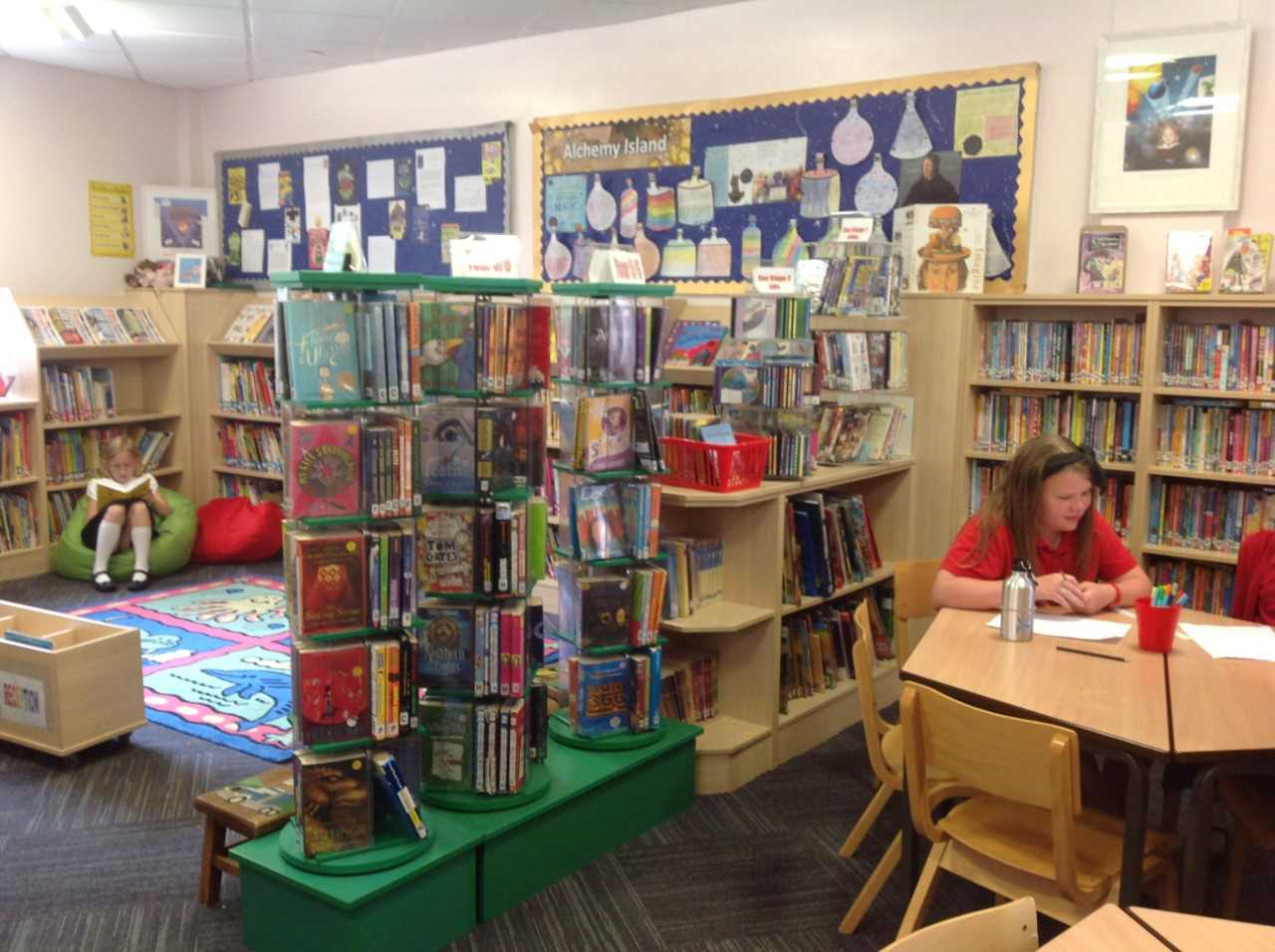
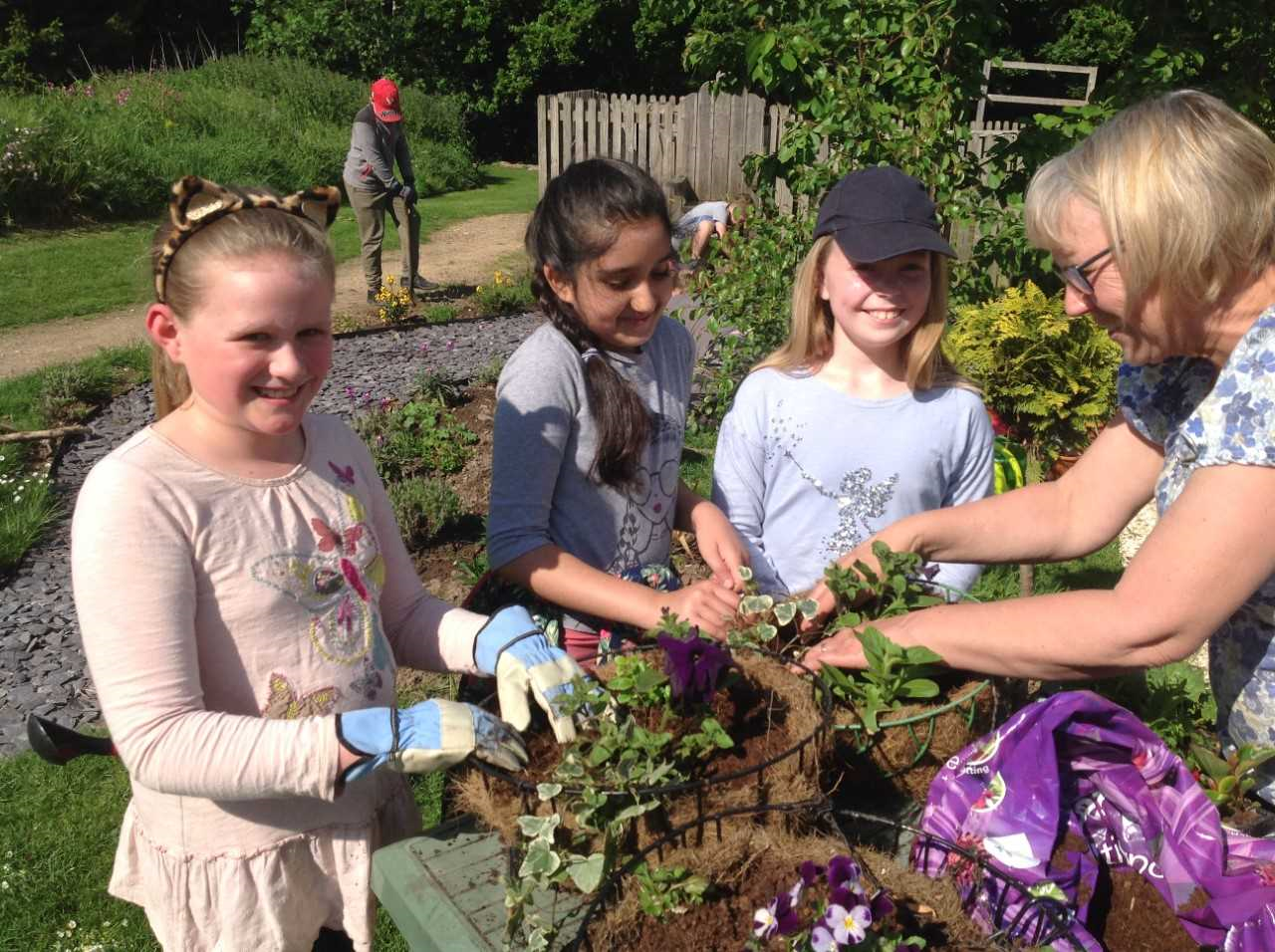
Peaceful reflection in the library and connecting with nature in the Peace Garden.
Outside Spaces
Our recently created Golden Mile provides space for children to be active. It can be used freely by the children during break and lunch times, in all weathers, and is also utilized by classes at various points during the day. Children may use it for releasing energy by running round the track, or for quiet reflection, taking a walk in nature.
The Clamber Stack and Trim Trail also provide areas for children to release built up energy, and develop confidence in risk taking within a structured space.
Further space for quiet reflection is provided by the Peace Garden and the Dell; areas which may be used by classes or small groups throughout the day.
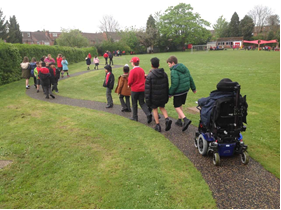
|
Children enjoying the Golden Mile |
Mental Health & Wellbeing Policy
Please click on the image below to open up our Mental Health and Wellbeing Policy.

